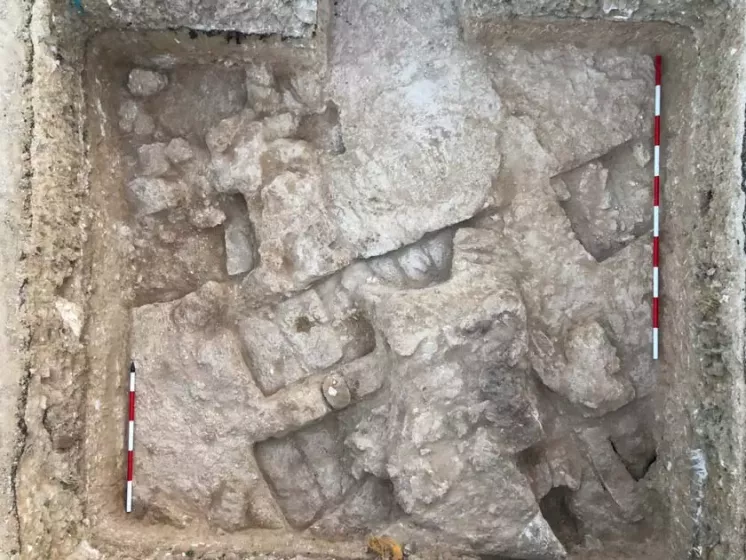Shaghab cemetery: a journey deep into the history and culture of Bushehr
Shaghab Cemetery, a treasure of history in the heart of Bushehr, is a gateway to untold secrets and mysteries of the history of this land. This cemetery dates back to 4200 years ago and the Elamian period, making it one of the oldest cemeteries in Iran.
The variety and number of graves in Shaghab cemetery is indicative of cultural diversity and burial customs in different historical periods. From large and small burial vats with geometric patterns, to hand graves in the heart of rocks and dry graves, each of them contains untold stories and secrets.
Burial jars, which are also known as “torpedo bottom jars”, represent the beliefs of people in that era about life after death. The patterns and geometric shapes on these pots are a symbol of the beliefs and mystical concepts of that period.
Dastkand tombs show the elegance and skill of stonemasons in the past. These graves, carved in the heart of the rocks, show the effort and patience of the people of that time to build tombs for their loved ones.
The dry graves are also built using dead stones without using mortar and are a symbol of simplicity and purity in the life of the people of that time.
Excavations and archeological studies in Shaghab cemetery have provided valuable information about the history and civilization of Bushehr. Ancient objects discovered from this cemetery, such as pottery, tools, ornaments, etc., open a window to the daily life of people in that era.
In addition to its historical value, the Shaghab cemetery has attracted the attention of tourists as one of the tourist attractions of Bushehr due to its location next to the beach and its beautiful natural landscapes. Walking among these graves and looking at the pots and tombstones gives a sense of peace and spirituality.
Shaghab cemetery



